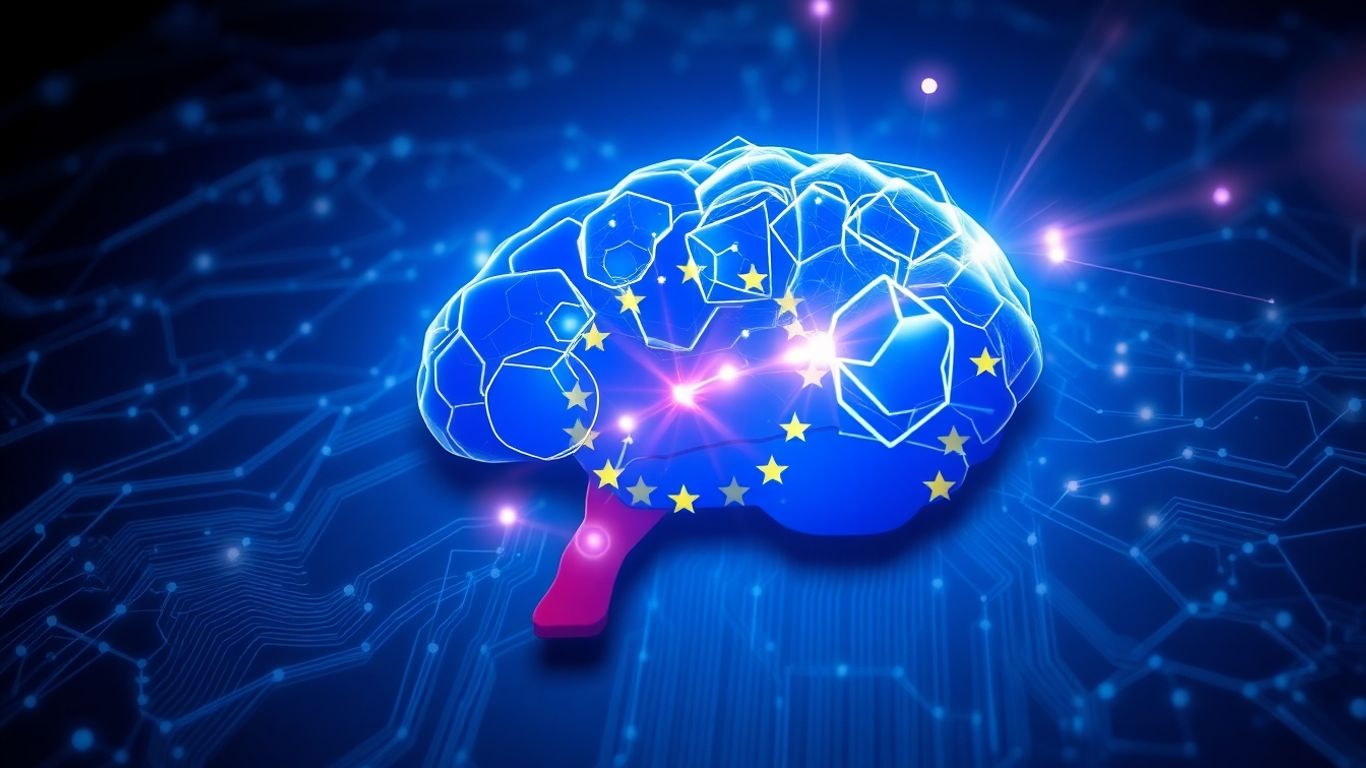Albania is making a bold move by integrating artificial intelligence into its governance, aiming to combat deep-rooted corruption and fast-track its accession to the European Union. Prime Minister Edi Rama has championed AI as a transformative tool, even suggesting the possibility of an AI-run ministry to eliminate nepotism and conflicts of interest.
Key Takeaways
- Albania is exploring AI to enhance transparency and efficiency in government operations.
- The country aims to leverage AI to accelerate its EU membership process.
- Concerns exist regarding the implementation of AI in existing systems and algorithmic programming.
AI as a Tool for Governance and EU Accession
Prime Minister Edi Rama has publicly stated that AI could become the most efficient member of the Albanian government, envisioning a future where ministries could be run entirely by AI to ensure impartiality. This ambitious vision includes the potential for AI models to be elected as ministers, leading to an entirely AI-governed administration. While these ideas are still in their nascent stages, they signal a significant shift in how Albania is approaching governance challenges.
Albania’s strategic embrace of AI is also directly linked to its EU membership aspirations. The country is utilizing AI to manage the complex task of aligning its national laws with the vast body of EU legislation, a process that typically takes years. By employing AI for translation and identifying legal divergences, Albania aims to significantly shorten the timeline for its EU integration, with a target of completing the paperwork by 2027, five years ahead of Croatia’s integration period.
Current AI Implementations and Future Plans
AI is already being deployed in several key areas within Albania. The technology is being used to manage public procurement, analyze tax and customs transactions in real-time to detect irregularities, and monitor territories via smart drones and satellite systems for illegal activities such as unauthorized construction and cannabis cultivation. Future plans include using AI for traffic management, employing facial recognition to prompt drivers to slow down and issue speeding fines digitally, addressing the country’s high rate of fatal traffic accidents.
Furthermore, Albania has made significant strides in digitalization with its e-Albania portal, which offers 95 percent of citizen services online, assisted by a virtual AI public servant. The country also made headlines with an innovative use of AI at the European Political Community summit, where AI-generated videos featured ‘baby versions’ of European leaders speaking in their native languages.
Challenges and Concerns
Despite the enthusiasm for AI, there are acknowledged challenges and concerns. Experts like Gerond Taçi point to a lack of local expertise, infrastructure, and funding as potential hurdles. Opposition figures, such as MP Jorida Tabaku, caution that AI could become a "digital disguise for the same old dysfunction" if implemented without proper oversight and public consultation. There are fears that if the same individuals who have benefited from corrupt practices are involved in programming the AI algorithms, the technology could inadvertently perpetuate or even amplify existing corruption rather than eradicate it. Ensuring transparency in how AI is applied and who controls the algorithms is seen as crucial for the success of these initiatives.




